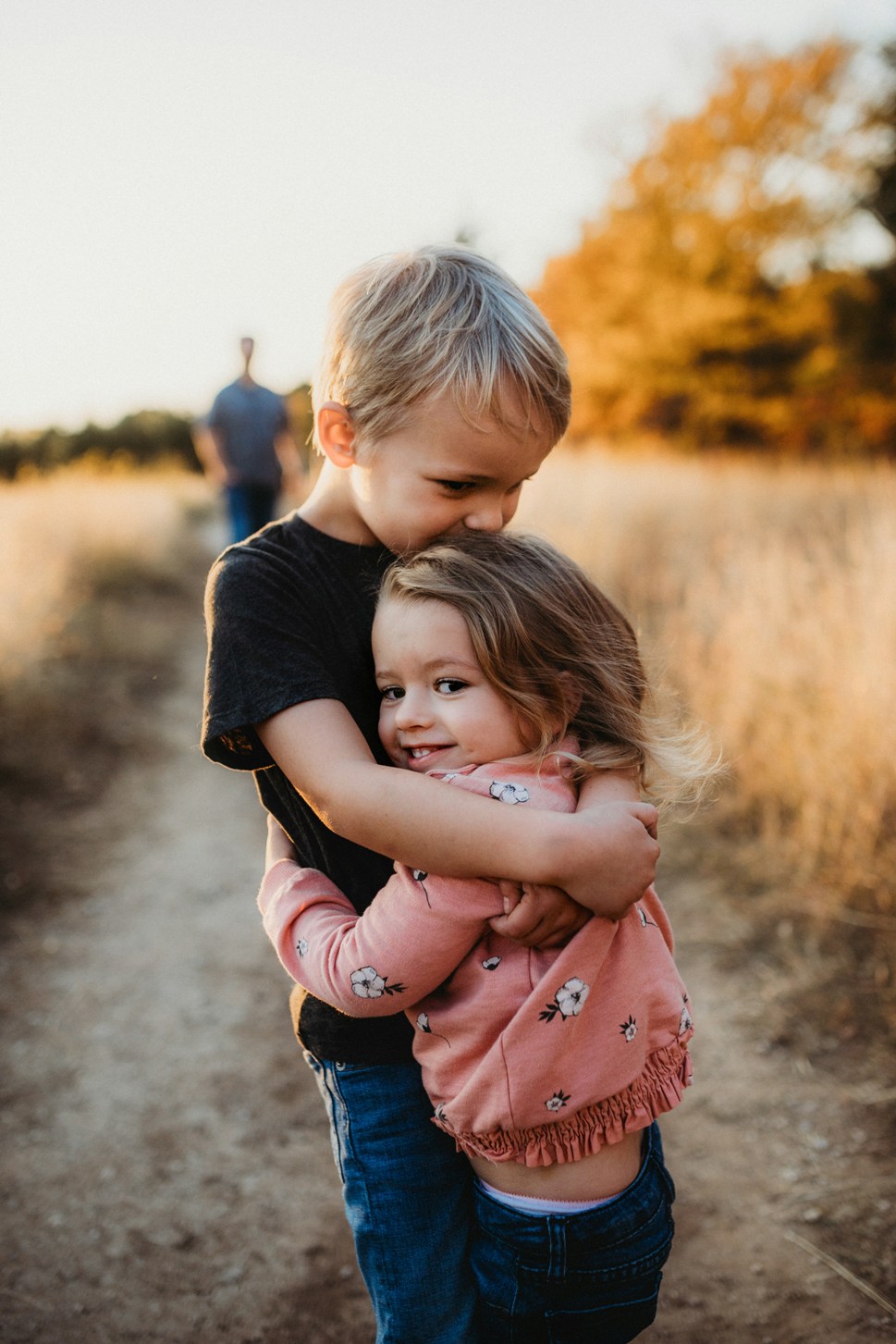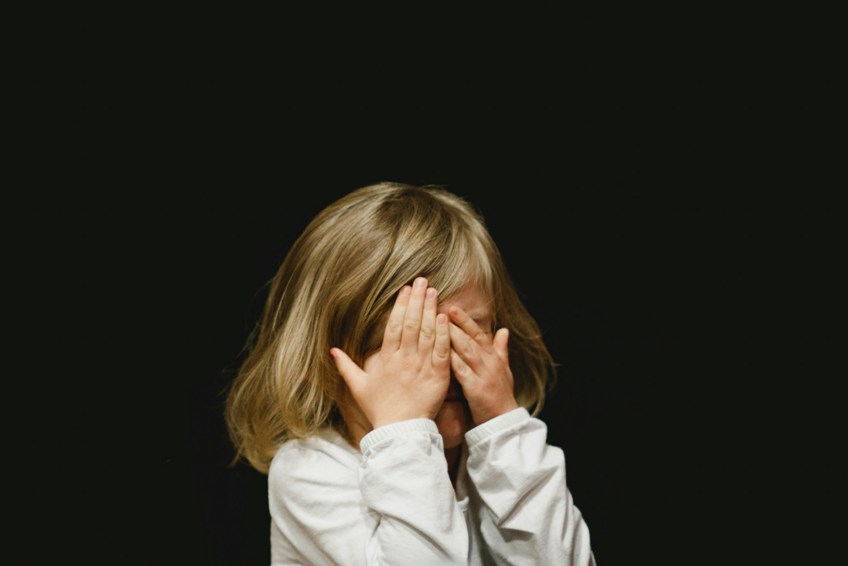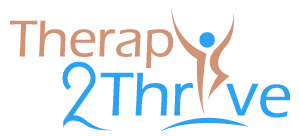Understanding Childhood PTSD
Therapy2Thrive® Pleasanton
925-998-3392
Understanding Childhood PTSD
Childhood is often seen as a time of innocence, joy, and discovery. However, for some children, this period is marred by trauma, leading to what is known as Childhood Post-Traumatic Stress Disorder (PTSD). This condition, often overshadowed by its adult counterpart, is equally significant and deserves attention and understanding.
One common misconception is that PTSD exclusively affects military veterans. However, the reality is that PTSD can impact individuals of all ages and backgrounds, including children. Childhood PTSD can develop following exposure to or witnessing traumatic events such as natural disasters, serious accidents, terrorist acts, war, or violent assaults—whether directly or indirectly (secondary PTSD).
Recognizing Symptoms and Signs:
Childhood PTSD symptoms typically classified into four categories:
- Repeatedly visualizing memories of the traumatic event
- Engaging in behavioral reenactments and repetitive play linked to the event
- Experiencing trauma-related fears
- Developing pessimistic attitudes and conveying a sense of hopelessness about the future and life
Generally, the signs and symptoms of childhood PTSD can differ depending on the child’s age.
Young children may:
- Regress to earlier behaviors (e.g., bedwetting, loss of speech abilities).
- Exhibit extreme clinginess.
- Develop new fears.
School-aged children may:
- Struggle with concentration.
- Experience frequent nightmares.
- Show significant changes in academic performance.
Adolescents may:
- Exhibit symptoms similar to adults (e.g., flashbacks, avoidance of trauma reminders).
- Experience heightened anxiety and depression.
- Engage in self-destructive behaviors


Adverse Impact of Untreated Trauma:
The impact of trauma on children’s lives is profound and far-reaching. Repeated exposure to or untreated trauma can significantly affect their overall well-being such as:
- Trauma can alter brain development, influencing areas responsible for emotional regulation, impulse control, and cognitive processes.
- Untreated PTSD can lead to avoidance and social isolation behaviors, such as struggles with trust, difficulties forming and maintaining healthy relationships, behavioral problems, and experiences of isolation or conflict with peers.
- Additionally, it can contribute to lower academic achievement and increase susceptibility to mental health issues like anxiety and depression later in life.
Conclusion:
Diagnosing childhood PTSD poses a significant challenge due to children’s limited ability to articulate their emotions, making it difficult to recognize the condition accurately. Hence, it’s imperative to understand and support children with PTSD for their recovery and long-term well-being. By increasing awareness and offering suitable interventions, we can assist them in navigating their trauma and achieving healthier lives.
Therapy2Thrive™ brings Hope for Healing
Our counselors at Therapy2Thrive™ provide compassionate, practical, and evidenced based practices to assist you in the therapeutic process to meet your goals and find hope to heal the challenges you are facing.
Contact our family counselor in Pleasanton for private consultation.
